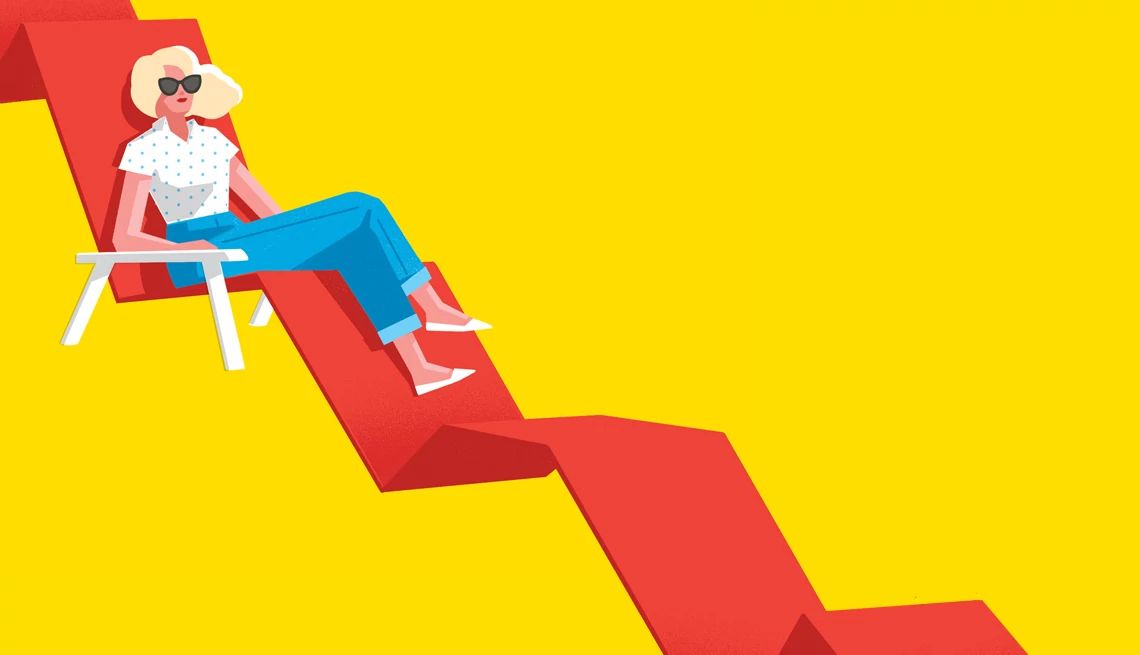
Make Your Retirement Savings Last
- Select a language for the TTS:
- UK English Female
- UK English Male
- US English Female
- US English Male
- Australian Female
- Australian Male
- Language selected: (auto detect) - EN
Play all audios:
During the first few years of retirement, big losses may jeopardize your financial security much more than a downturn later. Chris Gash Facebook Twitter LinkedIn
Managing your retirement finances usually means investing for the long run and not sweating short-term market movements.
But there’s one point when the short term is very important. That’s the first few years of retirement, when big losses can jeopardize your financial security much more than a downturn later
on.
Imagine two 65-year-old women, Andrea and Beth, each retiring with $500,000 in investments. Each withdraws $25,000 in the first year, then increases that withdrawal annually just enough to
keep up with inflation. They invest in different funds, each of which has gains in some years and losses in others, but both of which, after 25 years, have had annualized returns of 6
percent. There’s only one difference: Andrea’s fund is slammed by double-digit losses in each of the first three years of her retirement. Beth’s fund suffers those same losses but much
later, when she’s in her late 80s.
The result? Despite those losses later in life, Beth ends up with $1.2 million by age 90. But Andrea runs out of money by the age of 83. That’s because her losses early on, along with her
withdrawals when the markets are down, leave less money in her account that can grow when markets take off.
This phenomenon — the fact that poor investment returns early in retirement hurt you more than losses later — is something financial professionals think about a lot. “It makes sense for
retirees to be prepared for series of down markets, especially early in retirement,” says Tim Steffen, director of advanced planning at Baird, a wealth management firm in Milwaukee.
No one knows when the next big downturn might happen, or whose retirement it might affect. Fortunately, there are ways to protect yourself from the threat posed by losses right before you
retire or soon afterward. Consider these guidelines:
1. Focus on your budget
If you’re still in the workforce, start estimating how your costs and spending might add up in retirement. It’s important to know what portion of your spending will go toward essential
costs, and what discretionary spending you might be able to cut back or eliminate, if necessary. By lowering expenses early in a downturn, you can leave more money invested for possible
growth.
Granted, trimming discretionary spending may be more challenging than you think. In the run-up to retirement, and in the first few years after leaving the workforce, some people tend to
splurge, especially on travel or entertainment, according to research by J.P. Morgan Asset Management. But by analyzing your budget now, you can plan for a few luxuries, even if the market
drops.